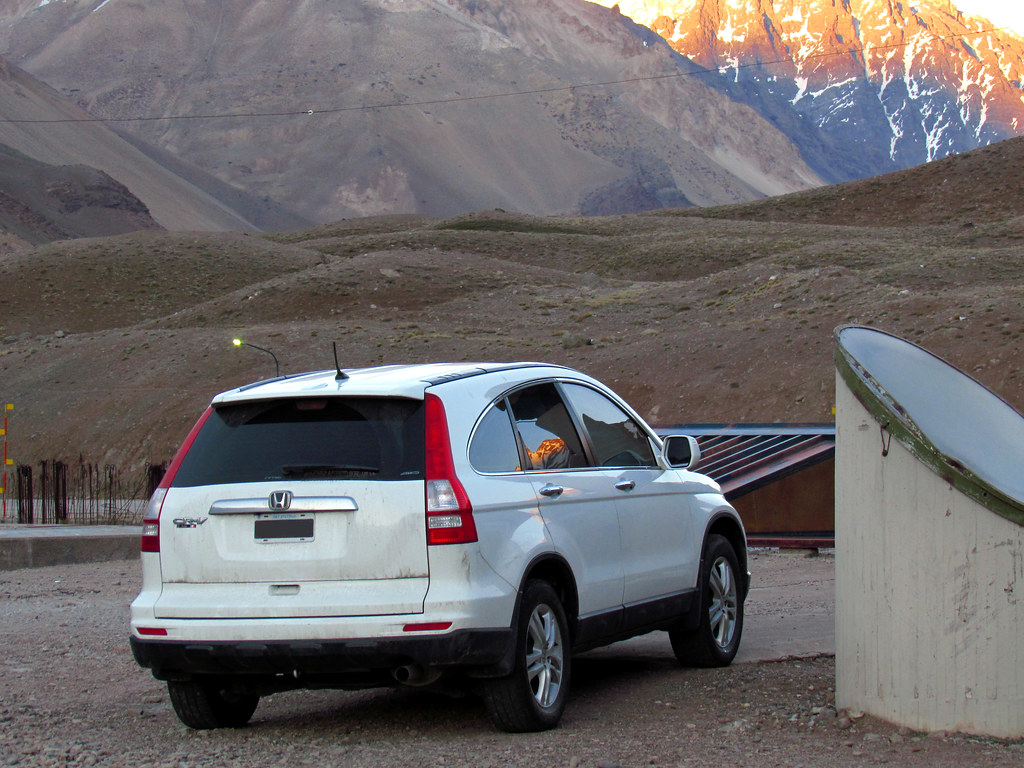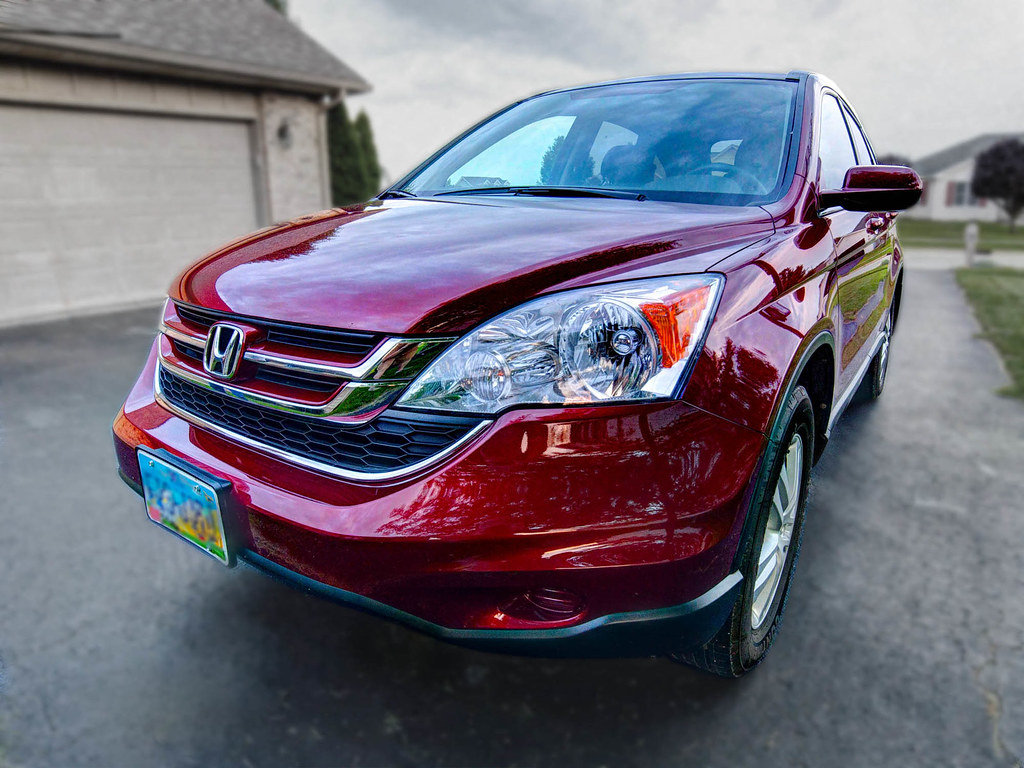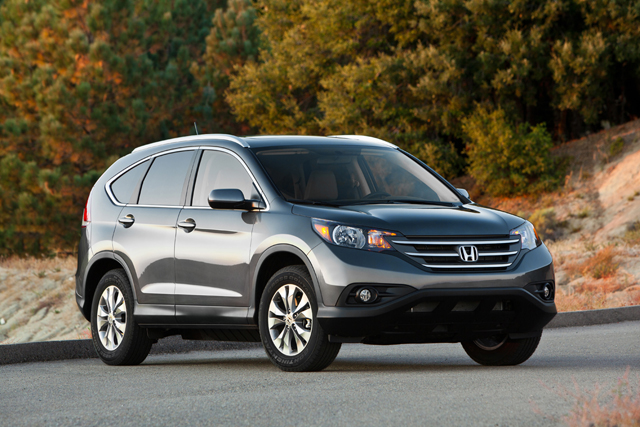[ad_1]
Common issues and problems that the owners of the 2011 Honda CR-V may encounter. We will provide some possible solutions and tips on how to address these issues.
Is the 2011 Honda CR-V prone to transmission problems?
One common issue with the 2011 Honda CR-V is transmission problems. Many owners have reported issues with the transmission, such as rough shifting, slipping, and hesitation. This can be caused by a variety of factors, including low transmission fluid, worn-out clutch plates, or a faulty transmission control module. To address this issue, it is important to regularly check and maintain the transmission fluid levels, and have the transmission system inspected by a professional if you notice any unusual symptoms.
Are there any known electrical problems with the 2011 Honda CR-V?
Another common issue with the 2011 Honda CR-V is electrical problems. Some owners have experienced issues with the power windows, door locks, and the audio system. These problems can be caused by faulty wiring, blown fuses, or malfunctioning components. To troubleshoot and address electrical issues, it is important to check the fuses, inspect the wiring for any damage, and have the faulty components replaced by a qualified technician if necessary.
What are the common complaints about the air conditioning system in the 2011 Honda CR-V?
Many owners have also reported issues with the air conditioning system in the 2011 Honda CR-V. Common complaints include the air conditioning not cooling properly, strange noises coming from the HVAC system, and the compressor failing prematurely. These problems can be caused by refrigerant leaks, worn-out compressor components, or electrical issues. To address air conditioning problems, it is important to have the system inspected by a professional, check for refrigerant leaks, and perform regular maintenance to ensure optimal performance.

What are the common issues with the braking system in the 2011 Honda CR-V?
Some owners have also reported issues with the braking system in the 2011 Honda CR-V. Common complaints include squeaking or grinding noises when applying the brakes, vibration or pulsation in the brake pedal, and reduced braking performance. These issues can be caused by worn-out brake pads, warped brake rotors, or malfunctioning brake calipers. To address braking system problems, it is important to have the brake system inspected and serviced by a qualified technician and have the brake pads and rotors replaced if necessary.
Is the 2011 Honda CR-V known for any specific engine problems?
Lastly, some owners have reported specific engine problems with the 2011 Honda CR-V. Common complaints include excessive oil consumption, engine misfires, and loss of power. These issues can be caused by worn-out piston rings, faulty ignition components, or a malfunctioning variable valve timing (VVT) system. To address engine problems, it is important to regularly check and maintain the engine oil levels, replace worn-out components, and have the engine system inspected by a professional if you notice any unusual symptoms.

Conclusion
In conclusion, the 2011 Honda CR-V may experience common issues such as transmission problems, electrical problems, air conditioning issues, braking system problems, and specific engine problems. It is important for owners to be aware of these issues and take proactive steps to maintain and address them to ensure the optimal performance and longevity of their vehicles.
FAQs
1. Are there any recalls for the 2011 Honda CR-V related to these issues?
As of now, there are no official recalls specifically related to these common issues with the 2011 Honda CR-V. However, it is always advisable to stay updated with the latest information from Honda regarding any potential recalls or service bulletins that may address these problems.
2. How frequently should I have my 2011 Honda CR-V inspected for these issues?
It is recommended to have your 2011 Honda CR-V inspected by a qualified technician on a regular basis, such as during routine maintenance intervals or whenever you notice any unusual symptoms related to the common issues discussed in this article.
3. What can I do to prevent these common issues from occurring in my 2011 Honda CR-V?
To prevent these common issues, it is important to perform regular maintenance, such as checking and replacing fluids, inspecting and replacing worn-out components, and addressing any symptoms or warning signs promptly to prevent further damage.
4. Can I address these common issues on my own, or do I need to bring my 2011 Honda CR-V to a professional technician?
While some basic maintenance tasks can be performed by vehicle owners, it is always advisable to have a qualified technician inspect and address these common issues with the 2011 Honda CR-V to ensure proper diagnosis and resolution of the problems.
5. Are there any aftermarket solutions that can help prevent or address these common issues in the 2011 Honda CR-V?
There may be aftermarket solutions available to address or prevent these common issues, such as upgraded components or performance parts. However, it is important to consult with a professional technician or research reputable aftermarket products before making any modifications to your vehicle.
[ad_2]

















